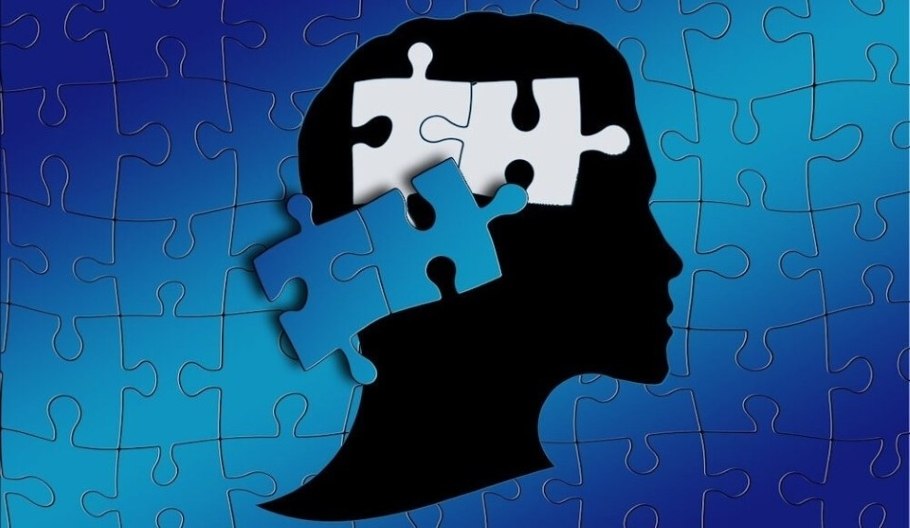Insight Into ASD Genetic Mutations and Possible Treatment
Author: The Geisel School of Medicine at Dartmouth
Published: 2022/11/01 - Updated: 2024/08/05
Publication Details: Peer-Reviewed, Informative
Category Topic: Autism Information - Academic Publications
Page Content: Synopsis - Introduction - Main
Synopsis: Dartmouth study offers new insights into genetic mutations in autism disorders (ASD) and points to possible treatments. To mimic the genetic defects found in human autism patients, Luikart and his colleagues have engineered viruses to "knock out" the normal mouse PTEN gene and replace it with the mutated human PTEN gene.
Defining Autism Spectrum Disorder
- Autism Spectrum Disorder
Autism spectrum disorder (ASD) is a developmental disability caused by differences in the brain. Some people with ASD have a known difference, such as a genetic condition. Other causes are not yet known. People with ASD may behave, communicate, interact, and learn in ways that are different from most others. ASD begins before the age of 3 years and can last throughout a person's life, although symptoms may improve over time. The abilities of people with ASD vary significantly.
Introduction
Findings from a new study published in Cell Reports, involving a collaborative effort between researchers at the Luikart Laboratory at Dartmouth's Geisel School of Medicine and the Weston Laboratory at the University of Vermont, are providing further insight into the neurobiological basis of autism spectrum disorders (ASD) and pointing to possible treatments.
Main Content
Researchers have established a strong association between certain mutated genes and ASD in recent years. One of the most common is PTEN, which normally controls cell growth and regulates the ability of neurons to alter the strength of their connections. When mutated, PTEN is a cause of not only ASD but also macrocephaly (enlarged head) and epilepsy.
"In previous studies, our lab and many others have shown the PTEN mutations increase the number of excitatory synaptic connections between neurons in mice-which we believe could be the fundamental basis for the symptoms that ASD patients exhibit," explains Bryan Luikart, Ph.D., an associate professor of molecular and systems biology at Dartmouth's Geisel School of Medicine.
To mimic the genetic defects in human autism patients, Luikart and his colleagues have engineered viruses to "knock out" the normal mouse PTEN gene and replace it with the mutated human PTEN gene. They then used sophisticated imaging and electrophysiological techniques to study how neuronal function was altered in mice.
"Essentially, what we've found is that it makes the neuron grow at twice the size of a normal neuron and, in doing so, forms about four times the number of synaptic connections with other neurons as a normal neuron," says Luikart.

He notes that the work served as a foundation for the new study, in which the research team sought to learn more about the role of other genes and signaling pathways in normal PTEN loss.
"We were able to determine that if you take out the gene known as Raptor, an essential gene in the mTORC1 signaling pathway, it rescues all of the neuronal overgrowth and synapses that occur with normal PTEN loss," he says. "We also found that by using the drug Rapamycin to inhibit the mTORC1 pathway-which is necessary for neuronal growth and synapse formation-it rescues all of the changes in neuronal overgrowth."
In a clinical trial earlier this year, when Rapamycin was administered to children, it showed some benefit to the symptoms of autism.
"One caveat is that our work is indicating that to have the best chance of having a therapeutic effect, these genetic changes associated with ASD have to be targeted before the onset of symptoms."
Still, the study's findings have important implications for better understanding the neurological basis for ASD and developing effective therapies for patients.
"If we find that treating with a drug like Rapamycin early enough fixes the actual behavior problems of autism in a human patient, then that tells us we're on to something-that these changes that we're seeing and fixing in our model organism are the cellular or physiological basis of autism in humans," says Luikart.challenges in healthcare.
Related Information
- The Multiple Mutations of Autism
- CAPRIN1 Gene Mutation Causes ADHD, ASD, Myasthenia, Language Impairment
- Autism Spectrum Disorders: Gene Mutation Affect on Children
- CHD8 Mutation a Genetic Link to Autism
- Reversing Effects of Autism Linked Mutation in Brain Organoids
- Autism and Schizophrenia Share Related Genetic Networks
Attribution/Source(s): This peer reviewed publication was selected for publishing by the editors of Disabled World (DW) due to its relevance to the disability community. Originally authored by The Geisel School of Medicine at Dartmouth and published on 2022/11/01, this content may have been edited for style, clarity, or brevity.